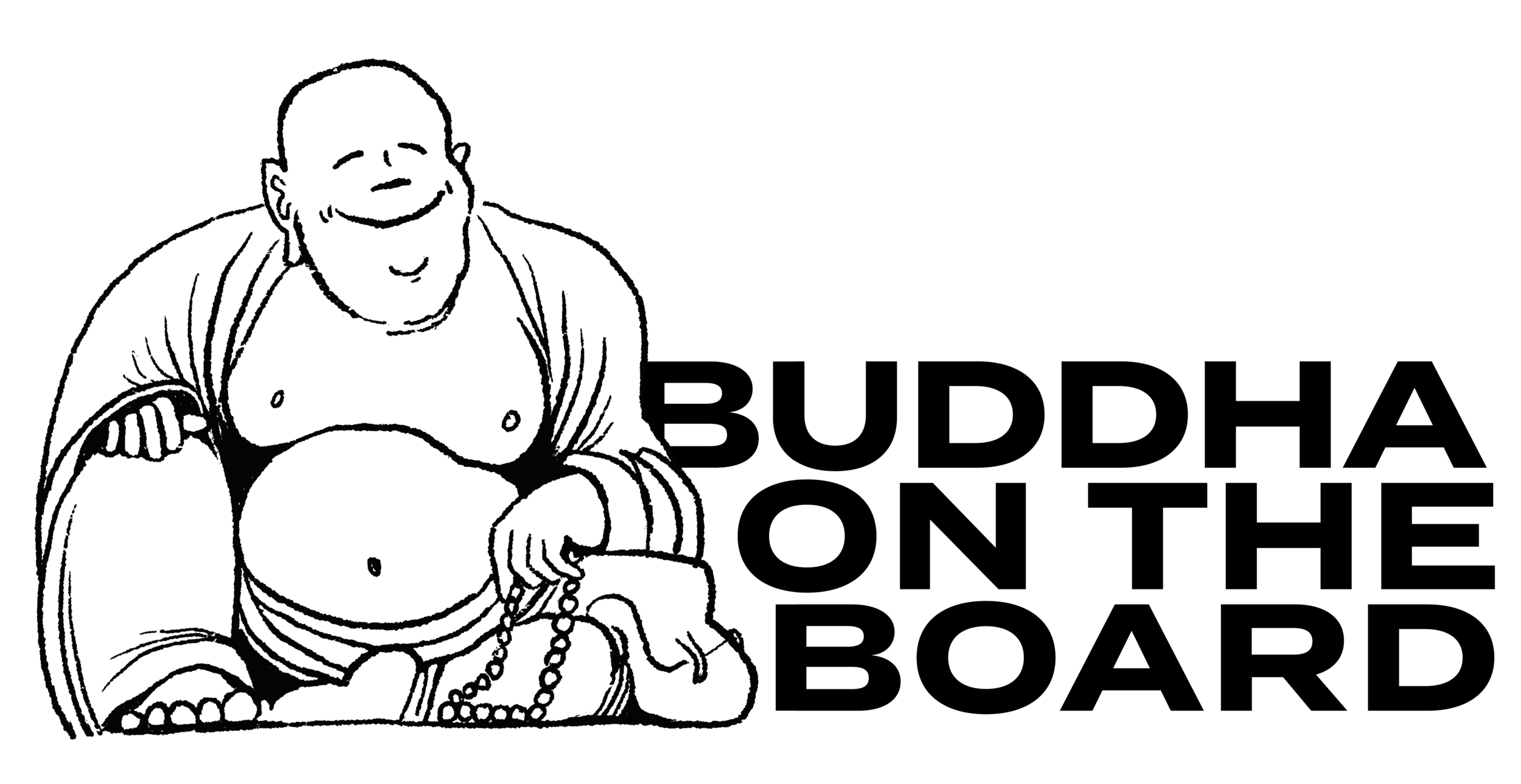What Story Do You Wear For Work?
The story I used to wear for work was that I’d get out proportional to what I put in.
Like a sausage machine.
That the amount the meat which goes into the machine, determines the amount of sausage which comes out.
That the amount of money we’d make, how successful we might be, was proportional to the effort we put in.
This idea, this story, informed how I worked and the work we did. It informed how I managed teams and the expectations I held others to.
Yet Woody Allen (dubious sexual preferences aside) works only three hours a day.
The Dalai Lama takes six hours a day for meditation.
Gandhi took Thursdays for contemplation every week. Every week. And managed to negotiate with and bring down an Empire.
Clearly what you get out isn’t linked to what you put in.
Or, more accurately, what you get out isn’t linked to the amount of effort you exert.
And this is true for our finances too. We don’t sell more the harder we try.
Some activities generate disproportionate returns. These returns might be financial, they might be emotional.
Do you know which things cost a lot but deliver little?
The Pareto principle tells us that about 20% of the things we do deliver about 80% of the returns. And, intuitively, we know this true..
Not all clients are created equal. Nor projects or team or almost everything else we spend our time on.
Know the critical 20% and you’ll be more focused, more effective, more time rich; and that’s time to be creative, energetic, energised and enthusiastic in supporting only the activities which deliver those greatest returns.
And so the loop becomes self reinforcing.
Know the things which deliver the greatest returns.
Focus on these only.
Have more energy to creatively focus on the most important things.
And so the most important becomes ever more effective.
And extrapolating returns even further.
Not all projects are created equal.
Not all clients are created equal.
Our businesses are not sausage machines (unless you make sausages).
Liberate yourself.
